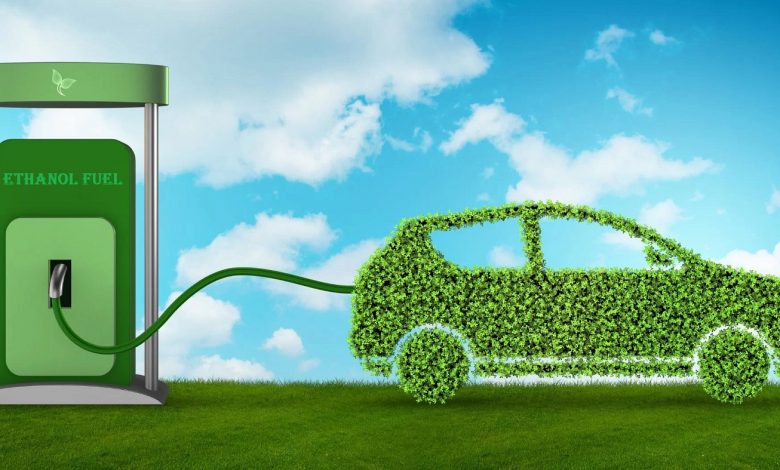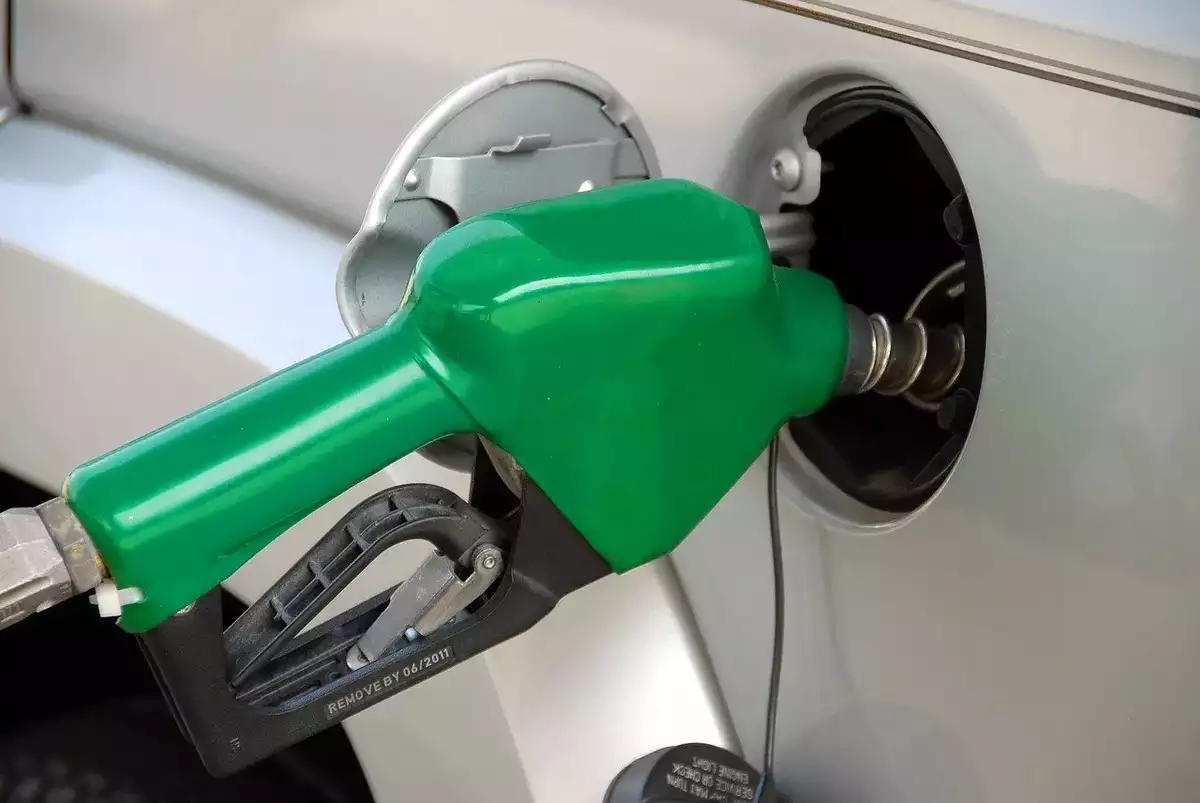Toyota Innova Hycross: A Sustainable Step Forward with Ethanol Fuel
At the core of the Toyota Innova Hycross lies an ethanol-powered engine, a breakthrough in environmentally conscious driving. Wondering what is ethanol fuel?

In a remarkable stride towards sustainable transportation, Toyota has launched its much-anticipated model, the Toyota Innova Hycross, in the Indian market. This pioneering release marks a significant milestone in the automobile industry as it brings forth an innovative approach to fuel sources with its ethanol-powered engine. Let’s delve into the details of this event and explore the intriguing world of ethanol fuel.
Ethanol Fuel: Powering the Future
At the core of the Toyota Innova Hycross lies an ethanol-powered engine, a breakthrough in environmentally conscious driving. Wondering what is ethanol fuel? Or what is Ethanol fuel made from? Ethanol power, often referred to simply as Ethanol, is a type of renewable biofuel made from organic materials such as corn, sugarcane, wheat, and even cellulose-rich agricultural and forest residues. In essence, Ethanol is alcohol derived from these organic sources, which undergo a fermentation and distillation process to yield a fuel that can power internal combustion engines.
Ethanol Fuel Pros and Cons: A Balanced View
Ethanol power comes with its own set of advantages and disadvantages, making it perfect to consider its overall impact. Let’s find out why is Ethanol used as a fuel!

Pros:
- Renewable Source: Ethanol is derived from plants, making it renewable and reducing our reliance on fossil fuels.
- Reduced Greenhouse Gas Emissions: When burned, Ethanol releases fewer greenhouse gas emissions compared to conventional gasoline, contributing to mitigating climate change.
- Domestic Production: Ethanol can be produced domestically, promoting energy independence and reducing reliance on international oil markets.
- Engine Performance: Ethanol has a higher octane rating than regular gasoline, potentially leading to improved engine performance.
- Potential Economic Boost: One of the biggest advantages of Ethanol as a fuel is that its production can stimulate rural economies by creating jobs in agriculture and biofuel industries.
Cons:
- Light Energy Content: Ethanol has a lower energy density than gasoline, leading to reduced mileage per gallon and potentially higher fuel consumption.
- Land Use Concerns: Large-scale production of Ethanol could lead to competition for arable land, impacting food production and ecosystem health.
- Water Usage: Ethanol production requires a significant amount of water, raising concerns about water scarcity in certain regions.
- Compatibility: Some vehicles may require modifications or specific engines to run efficiently on higher ethanol blends.
- Potential Impact on Food Prices: If food crops are diverted to ethanol production, it could affect food prices and availability.
Ethanol Fuel in India: A Growing Trend
India, being a country with a strong agricultural base, has been exploring the potential of Ethanol Power as an alternative. The Indian government has been encouraging the use of Ethanol as a means to reduce fossil fuel consumption, enhance energy security, and cut down on harmful emissions. Various policies and initiatives have been put in place to incentivize ethanol production, blending, and adoption in the transportation sector.
Ethanol Power in India: A Shifting Paradigm
The introduction of the Toyota Innova Hycross to the Indian market signals a shift towards more sustainable and environmentally friendly mobility options. With its ethanol-powered engine, the Innova Hycross stands as a symbol of Toyota’s commitment to innovation and sustainability. As the market responds positively to such advancements, it is likely that other manufacturers will follow suit, introducing more ethanol-powered vehicles to Indian roads. The Ethanol fuel price in the country is said to fall between Rs 60 to 70.
Closing Thoughts
The launch of the Toyota Innova Hycross in India is not just about the introduction of a new car model; it represents a leap towards a more sustainable and greener future for transportation. Ethanol power, with its unique set of benefits and challenges, offers a viable alternative to conventional fossil fuels.


